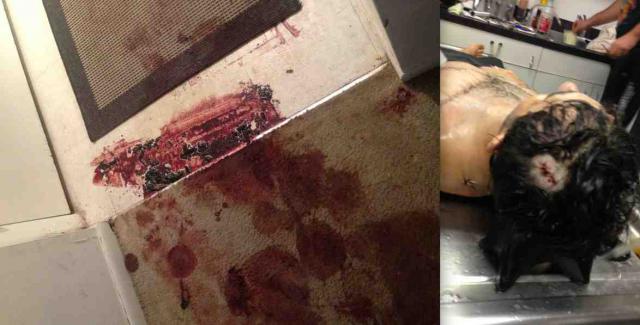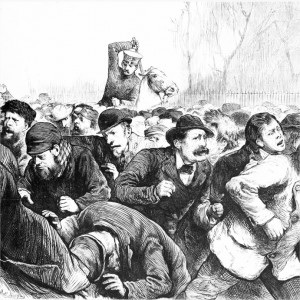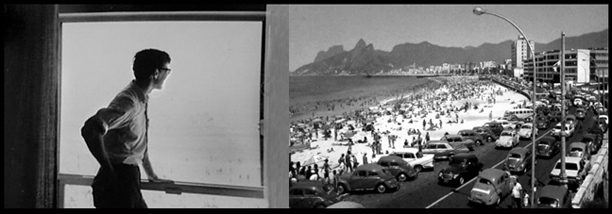(This article was written as an exclusive for Counterpunch magazine, where the full story can be read, along with photos of the crime scene). It is the first of a three-part series.
Ibragim Todashev, 27, a Russian immigrant friend of suspected Boston Marathon bomber Tamerlan Tsarnaev, was shot and killed last May 22 in the middle of the night by the FBI at the violent end of a five-hour interrogation in his home in Orlando. Now the FBI, ten months later, is claiming that its agent was attacked by Todashev, and was justified in killing him. But a Counterpunch investigation raises grave questions about what really happened in that apartment.
While it’s of course conceivable that this was just a hugely botched investigation by two inept and bungling FBI agents, our investigation suggests that Todashev may have been killed trying to flee a brutal interrogation, and that he may have even been deliberately executed by the FBI.
Questions raised in this case range from why FBI agents failed to follow Bureau’s long-established interrogation protocol, leaving just one agent to question the witness, to why a suspect known to be a competitive mixed martial arts expert was left unrestrained during a hostile and high-pressure interrogation, how Todashev was shot, including a bullet to the top of the head, and finally to how he could have been shot seven times, clearly with intent to kill given where he was hit, if he was considered by the Bureau to be a key witness in the Boston Marathon case.
 The exit from the room of the interrogation into the foyer to the front door, showing where Todashev was shot and died, and a photo of his body, as it appeared when provided by the coronor to his widow, showing the FBI shot to the head
The exit from the room of the interrogation into the foyer to the front door, showing where Todashev was shot and died, and a photo of his body, as it appeared when provided by the coronor to his widow, showing the FBI shot to the head
The FBI and other law enforcement sources, as I reported earlier in the online publication WhoWhatWhy.com, have leaked a series of widely at odds explanations to selected mainstream news media organizations as to how and why Todashev was shot and killed. Initially Bureau sources leaked to reporters that he had variously grabbed a sword off the wall, or left the room and returned from the kitchen with a pipe or a broomstick, or alternatively with a knife.
All of those leaked stories foundered on common sense. The “sword” in question turns out to have been a decorative scmitar with no sharp edge, hung on the wall and with a broken handle. There was no explanation for how the agent, who may have been accompanied in the room by a Massachusetts State Trooper, could have allowed Todashev to leave his seat and go to that sword, or alternatively to the kitchen area of the room to pick up any of the other alleged implements of destruction. Ultimately, the Bureau conceded that Todashev had actually been unarmed the whole time.









